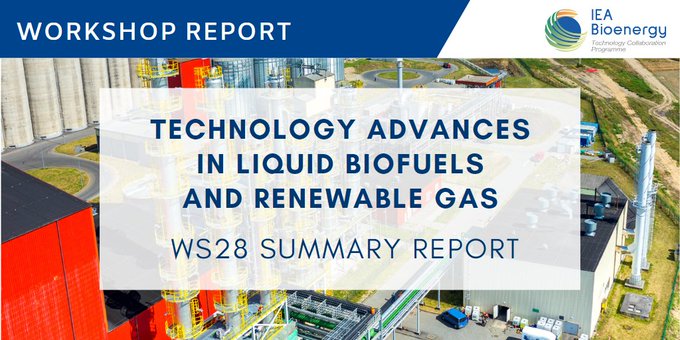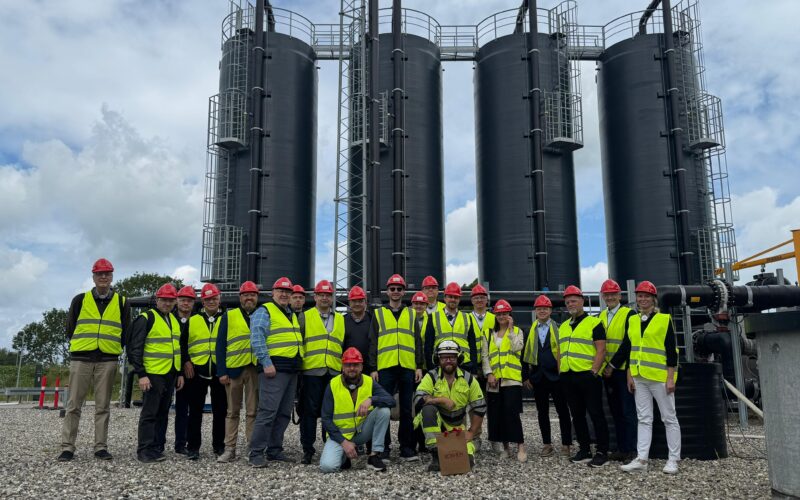Technology advances in liquid biofuels and renewable gas – main conclusions of the WS28 Summary Report
Find out more about the main conclusions of the big workshop of the International Energy Agency (IEA Bioenergy).
IEA Bioenergy held its biannual workshop on 17 October 2022 in Vienna, in conjunction with its Executive Committee meeting (ExCo90).
The main conclusions of the event
Both climate change and energy security are major reasons to urgently move away from fossil fuels such as oil and gas. This requires a combination of energy conservation, energy efficiency, electrification and shifting applications to renewable fuels – there is no silver bullet.
Renewable liquid transport fuels will need to have an increasing role in the transport system and the role of renewable gases will need to increase in the gas distribution system. In both cases bioenergy plays a vital role. The current push on biomethane at (European) policy level also helps further developments.

Conclusions regarding renewable gases
Biomethane can be used without changing (natural) gas transmission/distribution infrastructure or end user equipment, so it provides a renewable solution that is immediately applicable.
Biogas sectors are starting to focus more on upgrading to biomethane which can be fed into the gas grid or used decentral as natural gas substitute. The upgrading also facilitates capture and use of biogenic CO2 from the biogas.
Gasification pathways are also promising to deliver biomethane (SNG) which can be fed into the grid to replace fossil gas. Technologies have been proven and are ready to take the next step to commercial scale projects.
Accelerating the deployment of renewable gas requires solid planning and strategies, a stable and supportive policy framework, the removal of unnecessary barriers, easy market access, the possibility to trade products cross border, the unlocking of sustainable feedstocks and the recognition of the multifunctionality of biogas/biomethane systems.


Conclusions regarding modern liquid biofuels
Thermochemical and biochemical routes to produce advanced liquid biofuels are entering the market, with new projects coming online and further deployment expected in the coming years. While most current projects and technologies still focus on road biofuels, developments increasingly focus on sustainable aviation fuels.
Policy development is essential for the deployment of biofuels. Financing is the most critical factor, and the largest risk for investors is the political risk of changing policies, considering that investments need to have a 15-to-20-year time perspective.
This material was prepared under the cooperation of the Bioenergy Association of Ukraine with the European Bank for Reconstruction and Development (EBRD) and is available on the SAF platform.
We remind you that UABIO is a partner of the Sustainable agribusiness platform (SAF).


